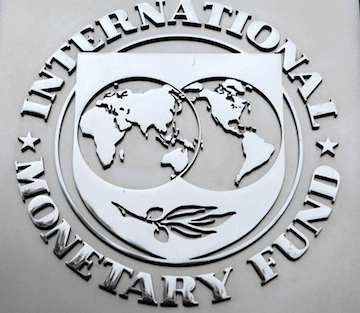

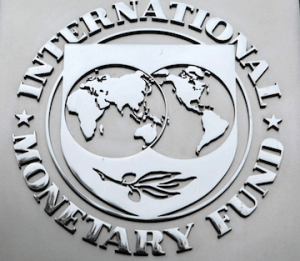 The International Monetary Fund has reached a staff-level agreement with Ghana on the fifth review of the country’s economic programme, potentially unlocking $385 million in financial support, the Fund announced on Thursday.
The International Monetary Fund has reached a staff-level agreement with Ghana on the fifth review of the country’s economic programme, potentially unlocking $385 million in financial support, the Fund announced on Thursday.
The agreement, which is subject to IMF Management approval and Executive Board consideration, follows meetings held in Accra from September 29 to October 10, between an IMF staff team led by Ruben Atoyan and Ghanaian authorities.
Upon completion of the Executive Board review, Ghana would have access to SDR 267.5 million (approximately $385 million), bringing total IMF disbursement under the three-year Extended Credit Facility (ECF) arrangement to about $2.825 billion since May 2023.
Mr. Atoyan noted that Ghana’s macroeconomic stabilisation was gaining root, with growth in the first half of 2025 exceeding expectations, underpinned by strong services activity and agricultural output.
The external sector has improved notably on robust exports, particularly gold and cocoa, international reserves accumulation continues to exceed programme targets, while the Cedi appreciated markedly in the first half of the year.
“The positive momentum is expected to continue into 2026, with growth projected at 4.8 per cent. Inflation is forecasted to remain within the Bank of Ghana’s (BoG) target band of 8±2 percent, allowing for gradual monetary policy normalisation,” he stated.
The IMF Staff Mission Lead also noted that the country’s solid current account surplus would continue to aid reserves accumulation, though external risks remained significant, largely on account of lingering uncertainty of commodity prices for key exports.
Ghana’s debt trajectory has improved markedly on an upgraded macroeconomic outlook and continued fiscal discipline, representing a significant step toward long-term debt viability, he stated.
The Central Bank in collaboration with the Fund, has developed a structured foreign exchange operations framework to intermediate FX flows and smooth excessive market volatility while accumulating international reserves.
Additionally, the Ghanaian authorities had taken strong actions to support financial stability, including implementing a strategy to restructure and reform state-owned banks, with recapitalisation of state-owned banks is expected to be completed by end-2025.
On the energy front, notable progress in addressing long-standing challenges in the energy sector, including the government’s renegotiation of legacy arrears and power purchasing agreements with most independent power producers was highlighted.
“Tariff adjustments are now conducted quarterly, helping better reflect costs. Payments through the Cash Waterfall Mechanism have also increased significantly,” Mr. Atoyan stated.
Ghana started the implementation of the 17th $3 billion Extended Credit Facility programme with the IMF approved in May 2023 and expected to end in 2026, aimed at restoring macroeconomic stability, achieving debt sustainability and promoting inclusive growth.
Meanwhile, the World Bank has urged the country to continue to build policy credibility by maintaining its commitment to macroeconomic stabilisation and consolidating the hard-won gains.
That should be done through the reestablishment of fiscal rules and strengthening of public debt management, comprehensive reform for COCOBOD reduce costs, and enhance its profitability, and overhaul the Electricity Company of Ghana through private sector participation to improve revenue collection, reduce losses, and enhance billing and revenue management systems.
Source: GNA
The post Ghana and IMF reach staff-level review agreement for $385m of credit facility appeared first on Ghana Business News.
Read Full Story

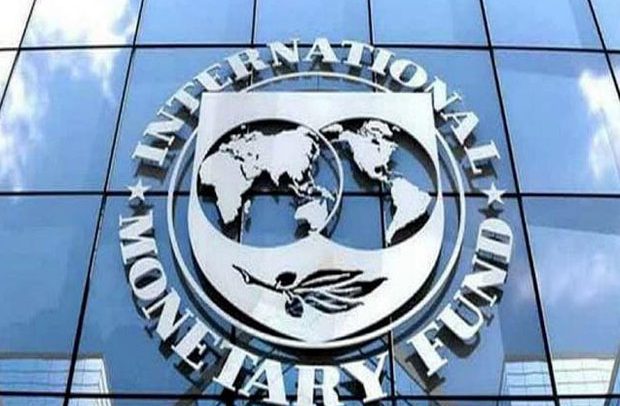
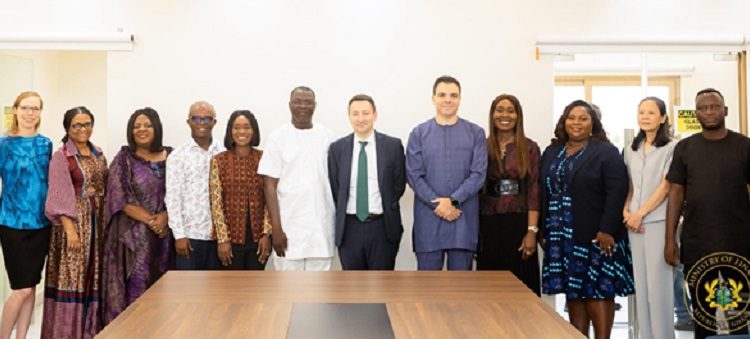



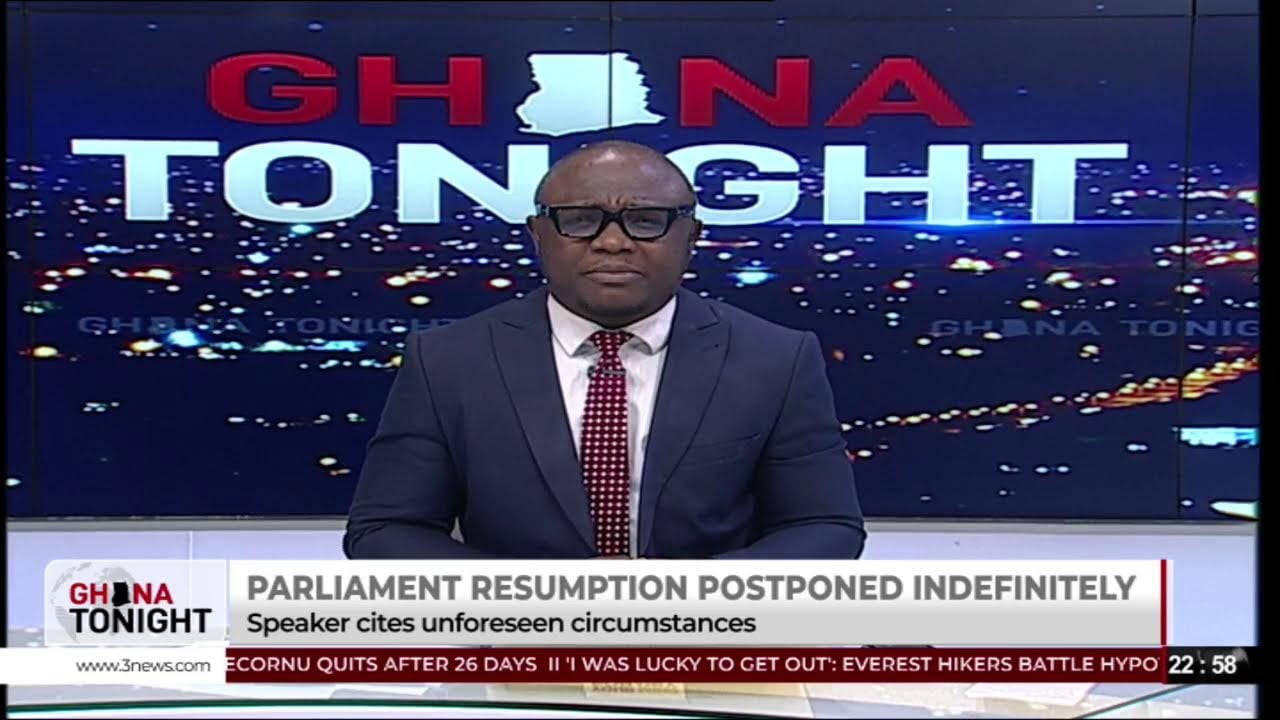

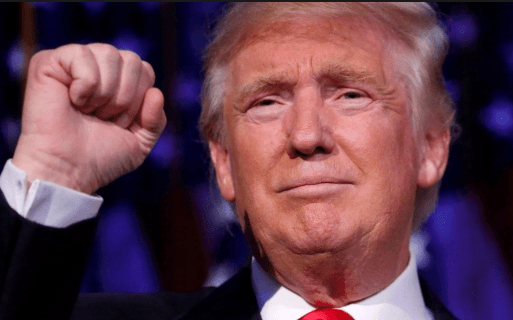





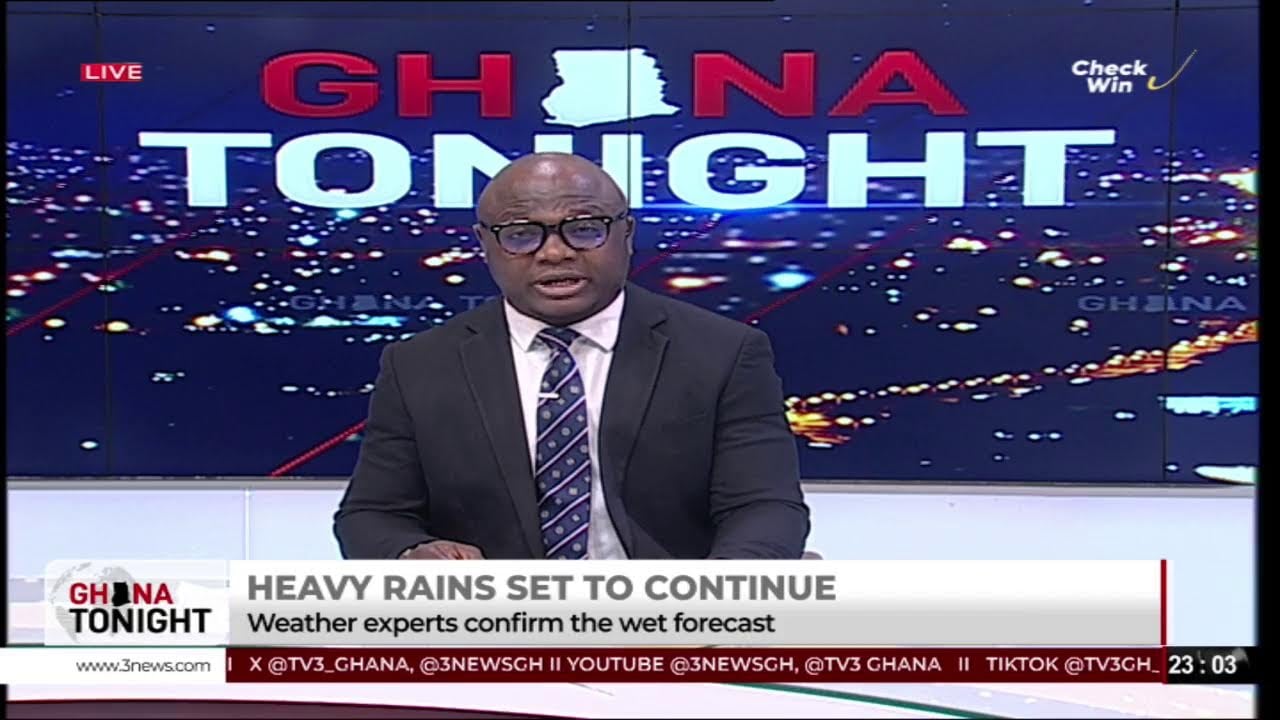


Facebook
Twitter
Pinterest
Instagram
Google+
YouTube
LinkedIn
RSS